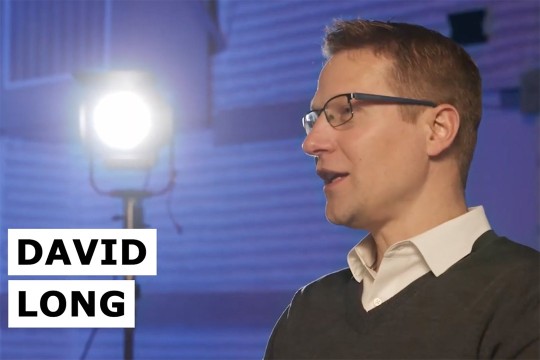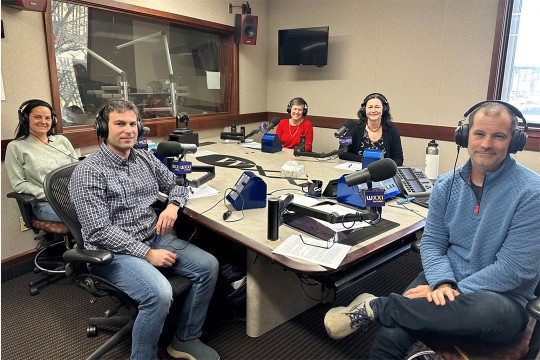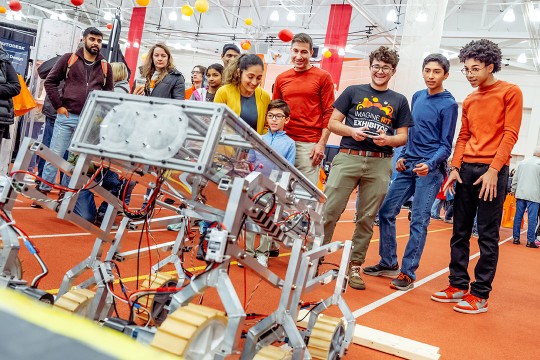RIT will Establish Statewide Pollution Prevention Initiative
Pilot program will assist companies in reducing pollution and hazardous waste production
The pilot will leverage the center’s existing research in alternative cleaning technologies; metal coating and remanufacturing technologies; sustainable product and process development, demonstration and implementation; green product assessment; and health and safety training to assist companies in preventing pollution. The project will also enhance economic efficiency and productivity as well as provide informed input for future statewide pollution prevention efforts.
“We are extremely honored to be selected for this initiative and look forward to expanding our efforts in pollution prevention to assist a broad range of companies throughout New York state,” says Nabil Nasr, director of the Center for Integrated Manufacturing Studies. “Our experience has shown that there is often significant opportunity to enhance environmental quality while contributing to economic growth.”
“We are proud to partner with RIT on this pilot initiative,” adds Daniel Gundersen, upstate chairman of Empire State Development. “Investing in new and innovative technologies is part of our larger economic development strategy to foster growth in a wide range of industries throughout New York state. Ideally, this program will develop into an important state-wide resource for the research and implementation of new clean technologies in partnership with industry.”
As the model for effective environmental stewardship has moved from a paradigm of pollution control to prevention, increased emphasis is being placed on achieving environmental improvements beyond what is required by law.
Pollution prevention programs to be offered to companies through this pilot program will include: on-site technical assistance, research and development, technology transfer and education. These capabilities will help these firms reduce and in some cases eliminate the production of air and solid waste as well as the use of hazardous materials.
“Pollution prevention efforts seek to help companies learn how to be more environmentally responsible through training and technology transfer, while also educating firms on how these efforts can provide significant economic benefits through increased efficiency and reduced disposal and clean up costs,” adds Nasr. “In fact many companies we have worked with have seen a 100 percent return on investment in less than a year.”
Empire State Development will utilize the results of the pilot program to strengthen its pollution prevention efforts and identify practices for use by a wider array of companies from throughout the state.
The Center for Integrated Manufacturing Studies will host a stakeholders’ meeting at the end of April to roll out its implementation strategy for the pilot initiative. Contact the center at info@cims.rit.edu for further information.
For over a decade, RIT’s Center for Integrated Manufacturing Studies has been a leader in research and development in pollution prevention and has worked with hundreds of companies to enhance technology implementation and training. In 2006, they were awarded the National Pollution Prevention Roundtable’s MVP2 award for a number of technology transfer projects in pollution prevention, including the development of the Wiper Blade Edge Analyzer, a patented device designed to determine the reusability of printer wiper blades, a key component used in print and toner cartridges. Since its initial commercialization in 2004, the analyzer has recovered almost two million blades that would have otherwise gone to landfills.
The center previously won a 2002 New York State Governor’s Award and the 2004 New York State Environmental Excellence Award for their pollution prevention research.














